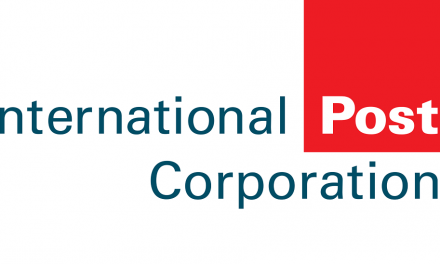
Postal policy errs: IPC study
Competition is increasing among different postal providers and mail order companies entering the postal market and has intensified through the growing developments in the electronic sector, logistics and publishing. On the political side, there are discussions and negotiations aimed at liberalizing postal markets and the introduction of new laws and regulations.
However, regulators and lawmakers do not fully understand the economics of the postal industry, according to the International Post Corporation’s CEO, Herbert-Michael Zapf.
The study, entitled “How to Regulate the Postal Industry: An Economic Approach,” said that liberalization of the postal market is being accompanied by new, complex and detailed regulations, but that the economics of the postal business and the dynamics of the postal market are either ignored or not understood.
The study reveals that, in the postal markets, the number of new entrants has made it possible to create an alternative postal infrastructure, clearly demonstrating that a monopoly does not exist.
Investments in the postal industry are neither extremely high, nor predominantly low.
The study says, “The role of postal market regulation is not to create competition, but rather to create a framework that allows for competition. Regulators that today set out to create a high level of competition within a short period of time have failed to understand the postal market correctly.”
The study highlights the fact that the objective of postal market regulation today is not to apportion the postal market. Instead the objective is to create an environment in which the market can grow.
The postal market is neither self-contained, nor are there entry barriers on the demand side. Competitive interaction exists to a high degree with other industries, such as the electronic commerce and logistics industries, according to the findings.
Where postal regulation remains, it must focus on end-to-end services; rule setting for downstream access is an inadequate approach, the study said.
Large discrepancies among the sizes and resources of national regulators in different countries are indicative of widespread inefficiencies that must be resolved.
Regulation must be supervised and must not be an end in itself.
The study also found that there is no need for sector-specific regulation in the postal industry. Existing legal instruments — in particular, competition law — can deal with any deficiencies that may arise.












